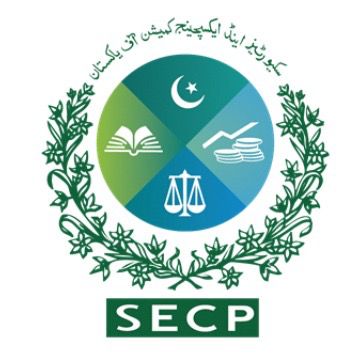SECP reverses unlawful action as transparency gaps exposed.
Tariq Khattak
ISLAMABAD: During contempt proceedings at the Islamabad High Court (IHC), the Securities and Exchange Commission of Pakistan (SECP) informed the bench that it would withdraw a controversial press release targeting United Insurance Company (UIC), marking a significant regulatory retreat.
SECP’s Chief Prosecutor Asad Haider told the court that the Commission had decided to retract the May 21 statement, which alleged that UIC was barred from issuing guarantees for business operations. The assurance came during a hearing on a petition filed by UIC, which accused SECP Chairman Akif Saeed and other officials of regulatory overreach that damaged the company’s commercial standing.
The case has intensified concerns in the business community about regulatory unpredictability and its implications for investor confidence and market stability. UIC’s counsels, Ahmad Hassan and Ch. Muhammad Atif argued that the SECP’s press release caused immediate harm, forcing the insurer to seek judicial relief.
Representing the federation, Additional Attorney General Rashid Hanif appeared alongside SECP’s Chief Prosecutor Asad Haider and Special Prosecutor Hasnain Razz but could not justify the Commission’s position.
The court observed that further proceedings may not be necessary, but stated that the outcome would depend on SECP’s compliance report. UIC’s counsel indicated the petition would be withdrawn if SECP complies before the next hearing.
The judicial intervention followed a strongly worded letter from Assistant Attorney General Asia Batool on July 21, warning the SECP of potential contempt charges. The letter conveyed the court’s “displeasure over non-compliance” with earlier directives and advised full adherence to judicial orders.
Industry analysts say the episode underscores persistent weaknesses in Pakistan’s regulatory environment, where institutional credibility is vital for sustaining investor trust. SECP’s abrupt policy reversal, they argue, raises doubts about internal decision-making, due process, and the Commission’s accountability standards.
Stakeholders have questioned the basis for the May 21 press release; specifically, the absence of stakeholder consultation, clarity on regulatory rationale, and potential harm to private enterprises. Such unpredictability, they caution, disrupts business planning and undermines long-term investment strategies.
The SECP has so far remained silent on the reasoning behind both the press release and its withdrawal, further fuelling concerns about transparency within the financial regulatory apparatus.
Legal experts contend the case highlights the judiciary’s role in curbing unchecked regulatory actions, especially when such decisions lack clear legal or procedural justification.
Business leaders have renewed calls for improved communication between regulators and market participants to avoid regulatory overreach escalating into legal disputes.
SECP’s handling of the UIC matter has reignited debate about the need for stronger governance frameworks—ones that align regulatory enforcement with commercial realities. With its credibility already under strain, the Commission risks further erosion of trust if similar actions and reversals recur.
The next hearing, scheduled for August 12, will assess whether SECP has fulfilled the court’s directives and determine the petition’s closure. However, the broader fallout for regulatory-industry relations is likely to endure.

